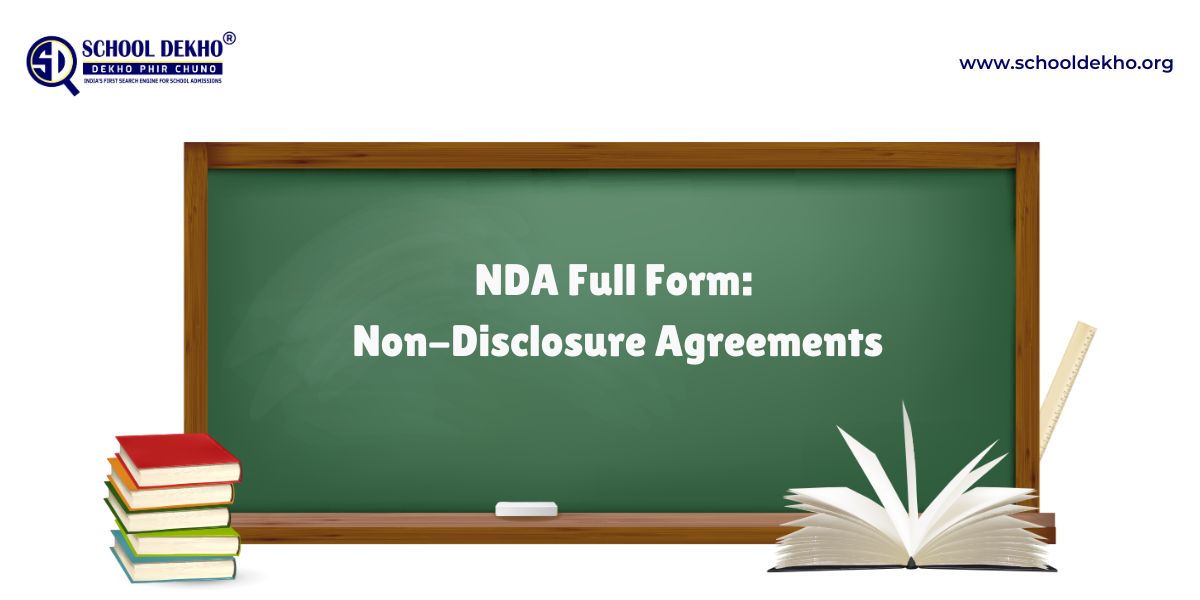What is the full form of NDA?
The full form of NDA in legal and business terms is Non-Disclosure Agreement. It is a legally binding contract between two or more parties that ensures confidentiality of shared information. NDAs prevent unauthorized disclosure of sensitive data, protecting trade secrets, business plans, and intellectual property.
Types of Non-Disclosure Agreements (NDA)
✅ Unilateral NDA – One party discloses confidential information, and the other agrees to keep it private (e.g., employer-employee agreements).
✅ Bilateral NDA (Mutual NDA) – Both parties share confidential information and agree to protect each other’s data (e.g., mergers and partnerships).
✅ Multilateral NDA – Three or more parties agree to protect shared confidential data (e.g., joint ventures involving multiple companies).
Where is an NDA Used?
🔹 Business & Startups – Protects business ideas, financials, and trade secrets during negotiations.
🔹 Employment Contracts – Ensures employees do not share confidential company information.
🔹 Mergers & Acquisitions – Secures company data before a merger or investment deal.
🔹 Software & Technology – Prevents leakage of source code, algorithms, or new innovations.
🔹 Freelance & Consulting Work – Protects client information in outsourcing and contractual projects.
Key Clauses in an NDA
📌 Definition of Confidential Information – Specifies what data is protected.
📌 Obligations of Receiving Party – Details how the recipient must handle confidential data.
📌 Exclusions from Confidentiality – Lists what information is not covered (e.g., publicly available data).
📌 Duration of Agreement – Defines how long the confidentiality obligation lasts (e.g., 2-5 years or indefinite).
📌 Consequences of Breach – Specifies penalties for unauthorized disclosure (legal action, fines, or termination).
Why is an NDA Important?
✔️ Protects Intellectual Property – Safeguards business ideas, innovations, and patents.
✔️ Ensures Data Security – Prevents unauthorized leaks and business espionage.
✔️ Legal Safeguard – Provides legal recourse in case of a breach.
✔️ Encourages Open Discussions – Parties can freely discuss projects without fear of leaks.
Conclusion
A Non-Disclosure Agreement (NDA) is a critical legal tool that ensures confidentiality and protects sensitive information in business, employment, and technology sectors. It helps secure trade secrets, intellectual property, and business negotiations from unauthorized disclosure.

